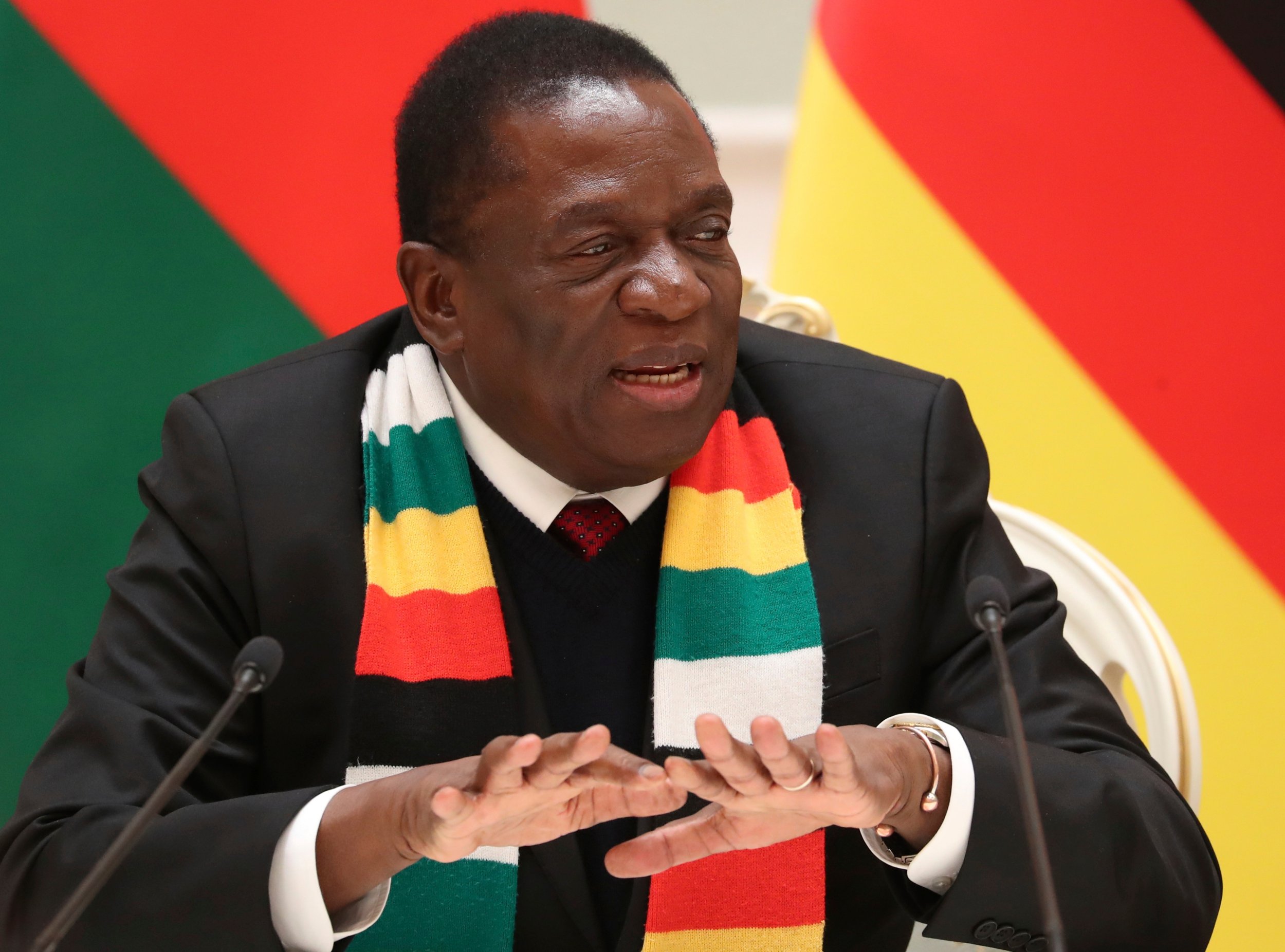Emmerson Mnangagwa was this weekend declared as reelected to be Zimbabwe’s president. However, the election was highly contentious, with accusations of rigging, voter suppression, and inadequate election management tainting its integrity.
These issues foreshadow the likelihood of significant political challenges over the next five years.
Zimbabwe Electoral Commission (ZEC) on Saturday night declared Mnangagwa the winner with 52,6% of the vote in the presidential poll held on August 23 and 24.
His rival, Nelson Chamisa the leader of the opposition Citizens Coalition for Change (CCC)had 44% of the vote, with the remaining 5% of the vote shared among other 9 presidential aspirants.
The opposition CCC immediately rejected the results and is weighing options of an electoral challenge and other political solutions to the impasse.
CCC lawyer and advisor to Chamisa, Thabani Mpofu wrote on X: “Be calm Zimbabwe and maintain peace. As I said, this is the beginning of many beautiful things. ED loses against his own people and against his opponent. So how is he declared a winner? You can’t call this election a dog’s breakfast without insulting dogs. This shall be corrected.”
The party further issued another statement saying: “The outcome did not align with the evidence from our V11s, a stark deviation that underscores the need for scrutiny.”
The opposition concerns were shared by many observation groups that included the SADC, the European Union and the British Embassy.
Of the three, SADC observer group had the most scathing reaction to the results. It said: “In conclusion, the mission observed that the pre-election and voting phases, on 23-24 August 2023 harmonised elections were peaceful and calm. However, for the reasons outlined above, the mission noted that some aspects of the harmonized elections, fell short of the requirements of the Constitution of Zimbabwe, the Electoral Act, and the SADC Principles and Guidelines Governing Democratic Elections (2021).”
Among the issues the mission highlighted were biased public media, partisan police operations in denying the opposition an opportunity to campaign freely and how the courts handled electoral petitions post the Nomination Court sitting on June 21, 2023.
The situation is slowly repeating the 2018 general elections which were disputed once again by the opposition and challenged in the Constitutional Court.
However, the application was dismissed for lack of evidence. Before the court challenge, citizens in Harare had peacefully protested against the delayed release of presidential results and were met by a hail of bullets from soldiers who were deployed into the city centre.
Seven people were shot and killed, most in the back as they were trying to flee.
Meanwhile, Zanu PF – the ruling party – won about 65% of the parliamentary seats contested, giving it a huge majority to govern with ease. The results have not been challenged, but like the last time, it is the presidential result that is disputed.
ZEC failed to run a clean election, particularly when Harare and Bulawayo – the two metropolitan provinces did not have ballot papers on time and the few that had been distributed ran out before everyone had voted. The President had to urgently intervene by passing a decree that voting be extended by a day in the affected areas. This, however, did have an effect on voter apathy as some had grown weary.
Chamisa has personally not issued a statement after the results were announced, but Mnangagwa is expected to hold a press conference soon – most likely a victory speech.
Zimbabweans and regional observers are keeping a close watch on what he will say. Will Mnangagwa be magnanimous in victory? Will he stretch an olive branch to the opposition? Or he will be belligerent and choose, like in 2018, to go it alone when unity of purpose to take Zimbabwe from the economic quagmire is needed.
Mnangagwa’s speech will give signals to the international community on how the country will address the economic and political problems that have been going on for the past two decades.
In slightly over 12 hours after the results were announced no foreign leader has sent in congratulatory messages to Mnangagwa. It seems many are sitting on the fence to see how the matter will develop.
Or they fear a quick congratulatory message may be inappropriate in the face of possible Chamisa legal challenge.
For now, Zimbabwe has failed to change the way it has run its elections. The past four elections have been disputed and there seems to be no improvement.
It remains to be seen how the political players will react to the emerging situation, but the reality is Zimbabwe will have another protracted legal challenge to its elections and a dent in its democratic credentials.



